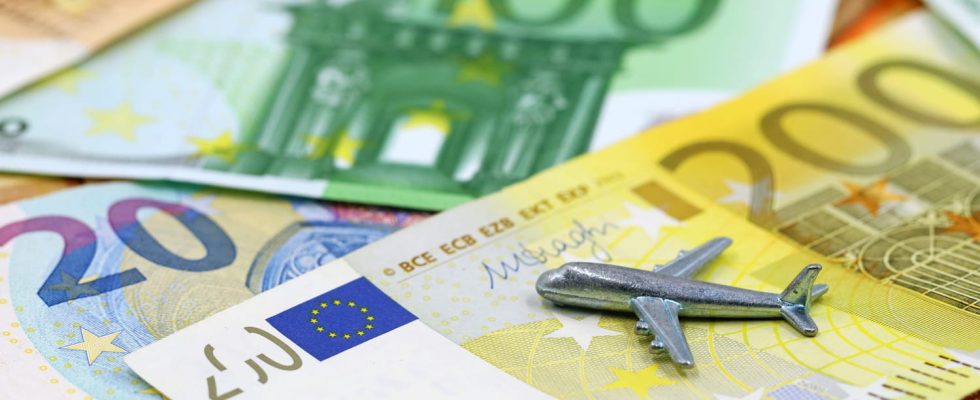Traveling abroad with cash is not trivial. From a certain amount, you are subject to these obligations.
Have you planned a trip soon and are considering certain expenses? Bank cards are now accepted almost everywhere, but it is always useful to have cash with you when traveling abroad. But traveling with cash is very controlled and it is essential to find out about the rules in force before departure, especially if you are flying.
By plane, the maximum amount with which you have the right to travel without special procedures is the same whether you are traveling from mainland France or the French Overseas Territories to Europe or to a foreign country. It is set by regulation at 10,000 euros. Below this amount, you are not subject to any particular declaration obligation and there is no paperwork to complete. The regulations also apply to gold (bullion or coin), checks and traveler’s checks, plaques, tokens or casino tickets, promissory notes, non-domiciled commercial instruments, anonymous cash vouchers, mandates, transferable securities, capitalization bonds and other debt securities.
If you are traveling with 10,000 euros or more in cash, you must take certain steps and are subject to a declaration obligation. This obligation applies regardless of your nationality, your place of residence (in France or not) and the reason for transporting money (personal or professional). It also applies if you are carrying this money for another person, but also concerns couples and families who share a community of their property (marriage, civil partnership), when the total sum of money reaches 10,000 euros. From 10,000 euros, you must make a declaration via the DALIA online service or by post at the earliest 30 days before the date of crossing the border and at the latest just before crossing the border on site directly to the border office. customs or online.
Attention. If you are carrying an amount equal to or greater than 50,000 euros, you must provide a document proving the origin of this money. If you do not provide it, your declaration is considered false and you risk legal sanction.
Finally, keep in mind that an audit is possible, even under 10,000 euros, if the authorities have doubts about the origin of this money. If you transport more than 10,000 euros and have not complied with the declaration obligation, or have declared a false amount, you risk sanctions: fine equal to 50% of the amount covered by the offense or attempted violation or confiscation of all the money by customs. The tax administration is also likely to require a tax reminder with payment of late payment interest of 0.20% per month and a surcharge of 40%.
